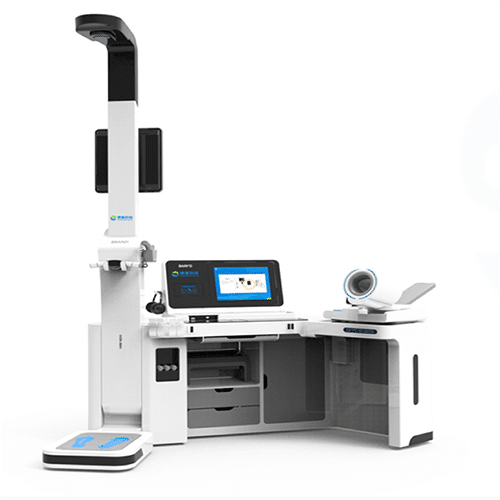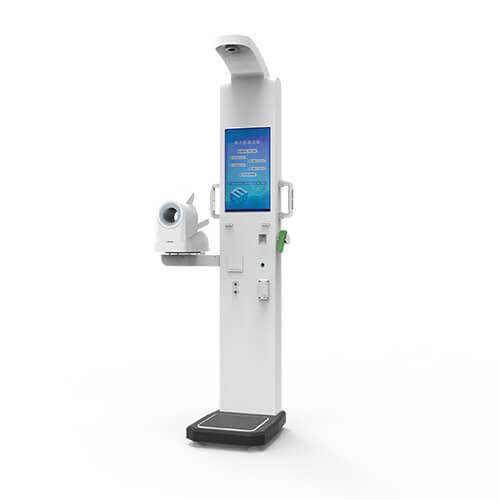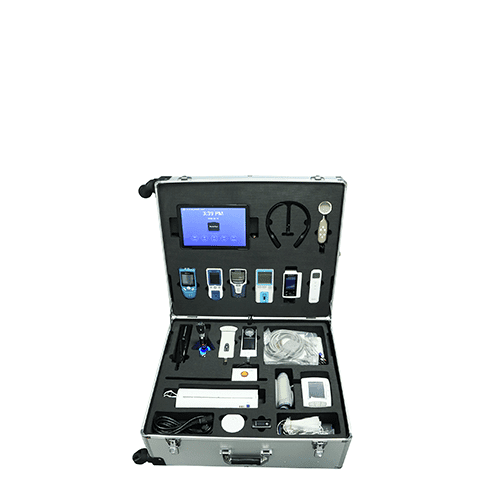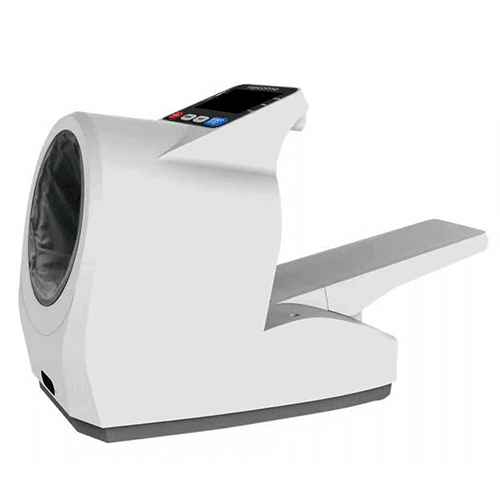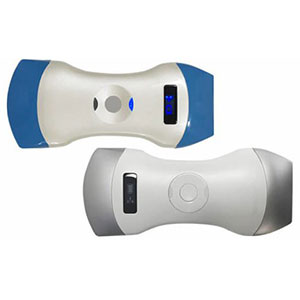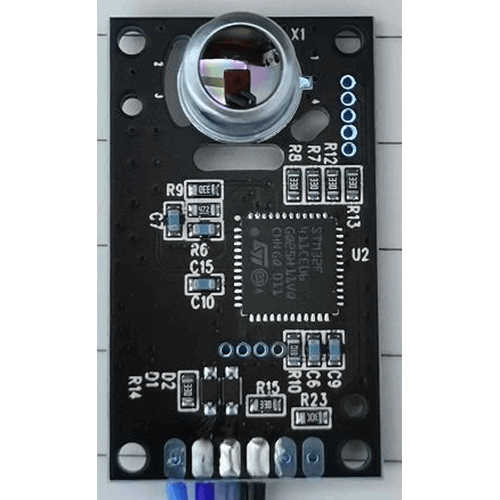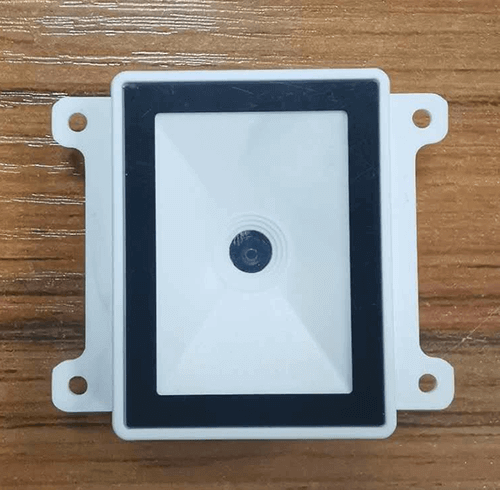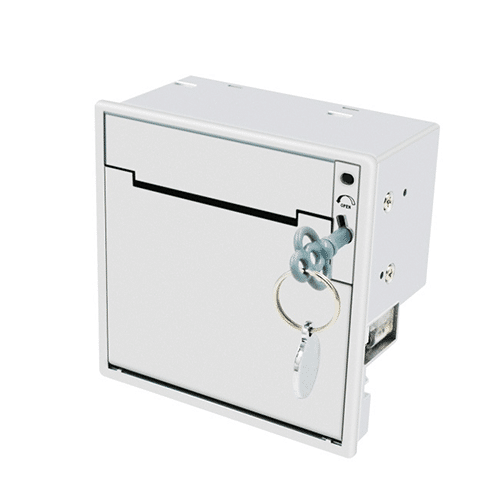Definition
Health checkup kiosk helps people to register, self-check-in, take health checkups(which are the most important processes), review their health reports, and receive health data by email or APP, it can be used as a medical kiosk in hospitals to serve the patients(by connecting with EMR system), or it can be facilitated as a healthcare point in rural areas to serve the public to have chronic diseases health screenings, it also helps people to have interactive diagnosis with doctors online through telemedicine system.
Background: In many areas far away from developed cities, most of these areas lack medical facilities, people are inconvenient to see a doctor or have regular full body checkup, on the other hand, most of the medical professionals are not willing to work in low developed areas after graduation, the public health condition and primary health care are one of the most important issues for the government to solve and improve.
Solution: By multiple function health checkup station, it provides chronic disease-related health checkups at one station, it doesn’t need a professional doctor but only an operator who receives training, the health checkup station could be everywhere, especially mountain & rural areas, people could have health checkup and have an online diagnosis through telemedicine service on the internet.
Benefits of Health Checkup Kiosks: Government could monitor the health condition of all the people in this area, accurately know disease severances level and patient amount of different disease, so the government could set up or modify policies with corresponding medical investment and assistance, medical education, which will avoid big waste of public resources and improve the wellness of the people. Also
Health checkup kiosks offer numerous benefits to individuals, healthcare providers, and the overall healthcare system. Let’s explore these advantages in detail:
- Convenience and Time-Saving: One of the most significant advantages of health checkup kiosks is their convenience and time-saving nature. With these kiosks, individuals can undergo various health assessments without the need for a doctor’s appointment or waiting room delays. This accessibility allows individuals to prioritize their health easily, especially in busy schedules, leading to better preventive care and early detection of potential health issues.
- Privacy and Confidentiality: Health checkup kiosks provide a private and confidential environment for individuals to perform health assessments. Users can comfortably use the kiosk without worrying about others overhearing their results or personal health information. This aspect encourages individuals to be more open and proactive about their health, ultimately leading to improved healthcare outcomes.
- Empowerment and Health Awareness: By utilizing health checkup kiosks, individuals become more involved in their own healthcare journey. These kiosks provide immediate results, empowering users with valuable health information and encouraging them to take charge of their well-being.
Government’s role for health kiosk
Health kiosks will be most beneficial only after they are being networked, which means it will bring obvious advantages for all people when the health kiosk can be accessed everywhere, the only role who can achieve this is the government, which has the authority to build such a system.
Take China government as examples(Know more), there are 31 provinces in China and most of the areas have begun medical reform for about 30 years, which also include building health kiosk projects in recent 10 years, especially for the cities far from economic centers or rural areas where lack of medical resources(facilities and doctors), building health check kiosk for the public is one of the important policy in each 5-year country development strategy.
At each village in the countryside, the local hospitals and clinics are required to allocate with the needed medical kiosk or mobile clinic health check station which can take basic health screenings, including but not limited to vital signs, blood test, urine, body organs, psychological assessment, etc.
The telemedicine platform is required to setup an archive for each residence, including his identity information, previous disease history, family inherited disease history, plus his continuing health check result data, each residence should be provided long term health assistance, such as diet advice, sports activity advice, mental health guidance, each residence is encouraged to assign a home doctor so he could have an in-time medical service in urgent situation.
As the management center, the government need to have an overview over local public health condition, including total population amount, the total population of different diseases, different age groups or gender groups of different disease, and different patient distribution in each district(or area), the total population of different stages of a specific diseased, by this health information, the government is able to setup or adjust its health policies more accurately.
Why Government needs a system of monitoring and early prevention of chronic disease?
Health checkup kiosk family
How health checkup kiosks are categorized
Healthcare kiosk can be categorized as three divisions according to where you are going to use them:
- Multiple functional health kiosk
- Self-service health kiosk
- Portable health checkup station
New features
- Covid-19 survey
- Mental healthcare
- Rural health telemedicine service
- Cloud monitoring
Contact Us Via
Telemedicine equipment
Features Of Healthcare Kiosks
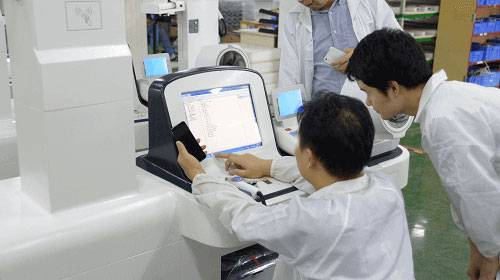
iDoctorcloud uses an interactive medical kiosk providing you with a seamless experience as you process the measurement steps.
Taking a Health check can take from as short as 5 minutes enables users to self-test key indicators of their general health and wellbeing and walk away with an evaluation report with a reference medical accepted standards.
The software has clear instruction for customer to operate step by step, it can measure:
- Blood pressure
- Arteriosclerosis
- Blood oxygen
- Blood sugar
- Body temperature
- ECG (6 leads or 12 leads)
- Urine routine test (11 items)
- Stethoscope
- Otoscope / rhinoscope / laryngoscope
- Ultrasound scan(B/W and color doppler)
- Glucose / uric acid / cholestorel
- Blood lipids / hemoglobin
- Bone density
- Height & weight, BMI
- Body composition analysis
- Psycological assessment
- More other functions
WHO suggests having an early prevention disease detection system for chronic disease. To detect those non-communicable diseases such as heart disease, obesity, diabetes, hypertension, stroke, cancer, chronic lung disease, COPD, Asthma, are collectively responsible for almost 70% of all deaths worldwide. Almost 75% of all NCD deaths, and 82% of the people who died prematurely, or before reaching 70 years of age, occur in low- and middle-income countries (report from WHO website), with the development of the economy of society, chronic diseases are most influential cause for death nowadays.
Chronic disease mainly includes Hypertension, diabetes, cardiovascular disease. Chronic disease management is a planned medical process of scheduled checkup, continuous monitoring, evaluation, and medical interference for the chronic non-communicable disease and related risks, it includes early disease screening, potential chronic disease risk prediction, alert and early interference, as well as the comprehensive management on the chronic disease crowd, with the evaluation of its effects, in September 2020, CDC of US awards 70 million us$ for 50 high burden communities to upgrade the health systems and reduce chronic diseases.

